Who knew that having two smoothies per day could bring so many health benefits?! And in ONLY 21 DAYS!! 🙌
So, how does it work? Check the link and take the ➡️ “21 smoothie diet challenge”.
Whether you’re new to a plant-based lifestyle or simply looking to up your protein intake, finding the right sources of plant-based protein can sometimes feel overwhelming. Fortunately, nature provides a variety of protein-packed options that are perfect for vegans and vegetarians alike. Here’s a handy cheat sheet with some of the best plant-based protein sources, listed by their protein content per 100 grams (3.5 ounces) to help you incorporate them into your diet.
1. Spirulina (57 grams of protein)
Spirulina is one of the most potent plant-based protein sources available. This blue-green algae is a complete protein, meaning it contains all essential amino acids. Spirulina is typically consumed in powder or tablet form and can be easily added to smoothies or juices. Along with its high protein content, spirulina also boasts a wealth of vitamins, minerals, and antioxidants.
2. Hemp Seeds (33 grams of protein)
Hemp seeds are another protein powerhouse. Not only do they contain a high amount of protein, but they also offer a perfect balance of Omega-3 and Omega-6 fatty acids. Hemp seeds have a mild, nutty flavor and can be sprinkled on salads, blended into smoothies, or added to oatmeal and yogurt for an extra protein punch.
3. Protein Powder (20 grams of protein)
Plant-based protein powders, made from sources such as pea, rice, or soy, are a convenient way to increase your protein intake. They can be used in shakes, smoothies, or baked goods to help you meet your daily protein requirements, especially for athletes or individuals who require higher protein levels.
4. Almonds (21 grams of protein)
Almonds are a delicious and versatile snack packed with protein. They are also rich in healthy fats, fiber, and vitamin E. You can enjoy almonds as a quick snack, add them to your meals, or use almond butter in smoothies and spreads.
5. Chickpeas (19 grams of protein)
Chickpeas, also known as garbanzo beans, are a staple in many plant-based diets. They can be roasted for a crunchy snack, blended into hummus, or added to salads, stews, and curries. Chickpeas are not only high in protein but also an excellent source of fiber, helping to keep you full and satisfied.
6. Tofu (17 grams of protein)
Tofu, made from soybeans, is a fantastic meat substitute that’s packed with protein. It’s also incredibly versatile—you can grill it, stir-fry it, bake it, or blend it into sauces and desserts. Tofu absorbs the flavors of the seasonings you use, making it easy to integrate into a variety of dishes.
7. Edamame (13 grams of protein)
Edamame, or young green soybeans, are an excellent source of plant-based protein. You can find them fresh or frozen, and they make for a great snack or addition to salads and stir-fries. Edamame is also rich in fiber, vitamins, and minerals.
8. Lentils (9 grams of protein)
Lentils are a nutrient-dense legume that offers a good amount of protein and fiber per serving. They come in different varieties, including green, red, and brown lentils, and can be used in soups, stews, salads, or as a side dish. Lentils are a budget-friendly way to boost your protein intake.
9. Green Peas (5 grams of protein)
Green peas are a humble yet nutritious food that’s easy to add to many meals. They are rich in protein and fiber, making them a great addition to soups, salads, and even pasta dishes. Plus, they’re an affordable and accessible option for any household.
10. Quinoa (4 grams of protein)
Quinoa is a complete protein, meaning it contains all nine essential amino acids your body needs. This ancient grain is a fantastic alternative to rice or pasta and can be used in salads, soups, or as a base for bowls. Quinoa is also rich in fiber, iron, and magnesium.
11. Spinach (3 grams of protein)
Spinach may not be the highest in protein, but it’s packed with other essential nutrients such as iron, calcium, and vitamins A and C. You can easily incorporate spinach into smoothies, salads, or cooked dishes like stir-fries and pasta to boost your overall nutrient intake.
12. Broccoli (3 grams of protein)
Broccoli is another low-calorie, nutrient-dense vegetable that offers a modest amount of protein. In addition to protein, broccoli is a great source of vitamins K and C, fiber, and antioxidants. Enjoy broccoli steamed, roasted, or added to stir-fries and salads.
Why Protein Matters on a Plant-Based Diet
Protein is crucial for repairing tissues, building muscle, supporting immune function, and maintaining overall health. Plant-based protein sources provide not only protein but also essential vitamins, minerals, and fiber that you might not get from animal-based sources.
Tips for Meeting Your Protein Needs:
- Combine different sources: Eating a variety of plant-based foods ensures that you get a complete range of amino acids.
- Snack smart: Keep almonds or chickpeas on hand for a protein-rich snack during the day.
- Incorporate protein at every meal: Try adding tofu to stir-fries, hemp seeds to smoothies, or chickpeas to salads.
Incorporating these plant-based protein sources into your daily routine can help ensure that you’re meeting your nutritional needs without relying on animal products.
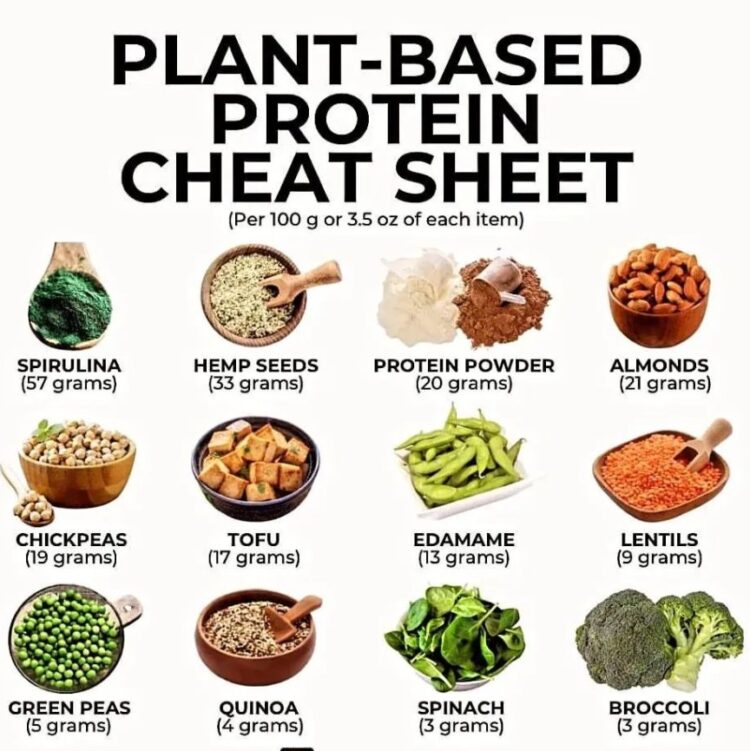
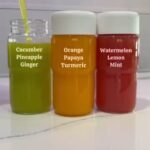

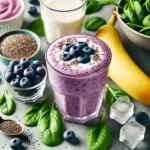
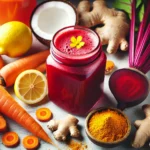
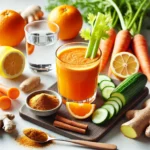
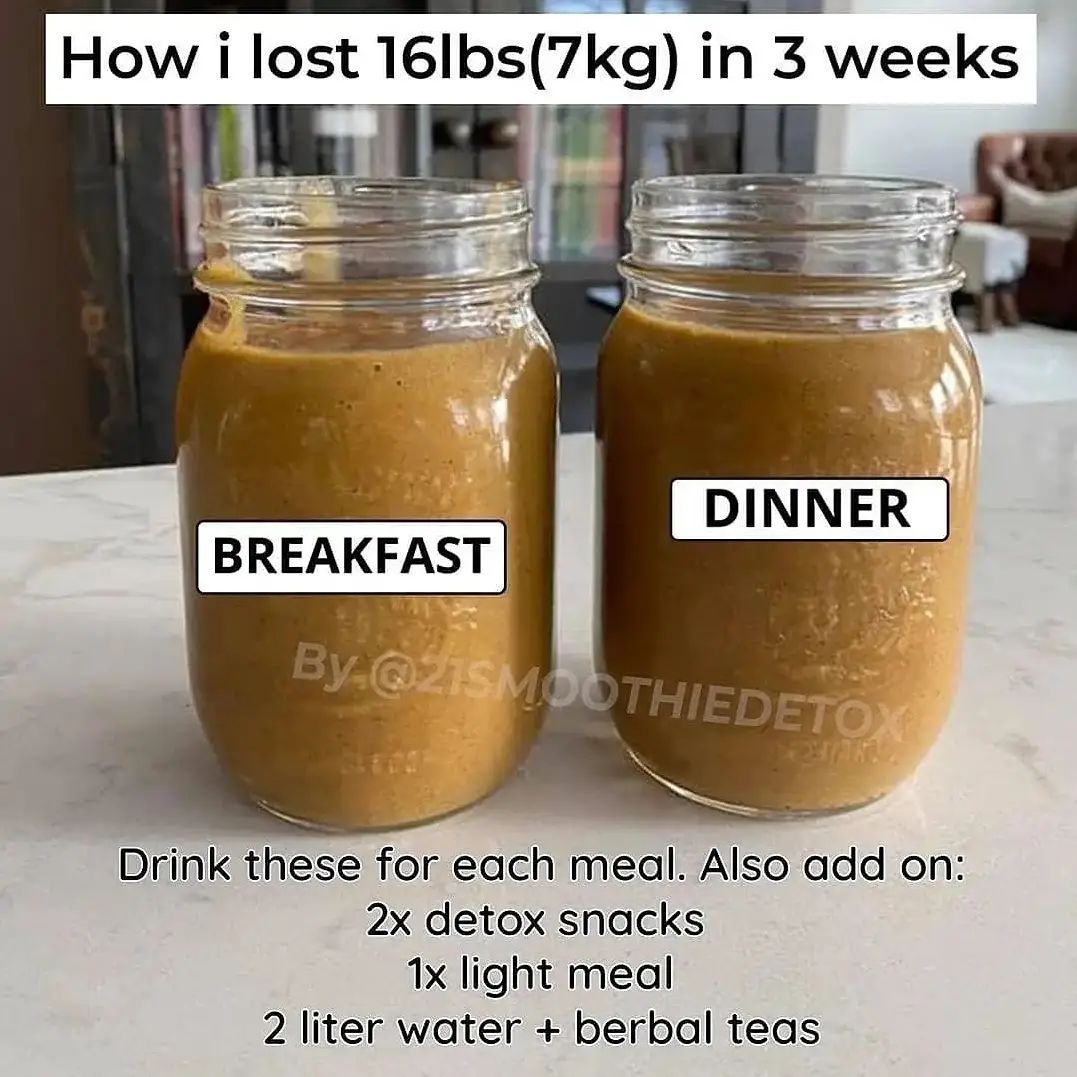
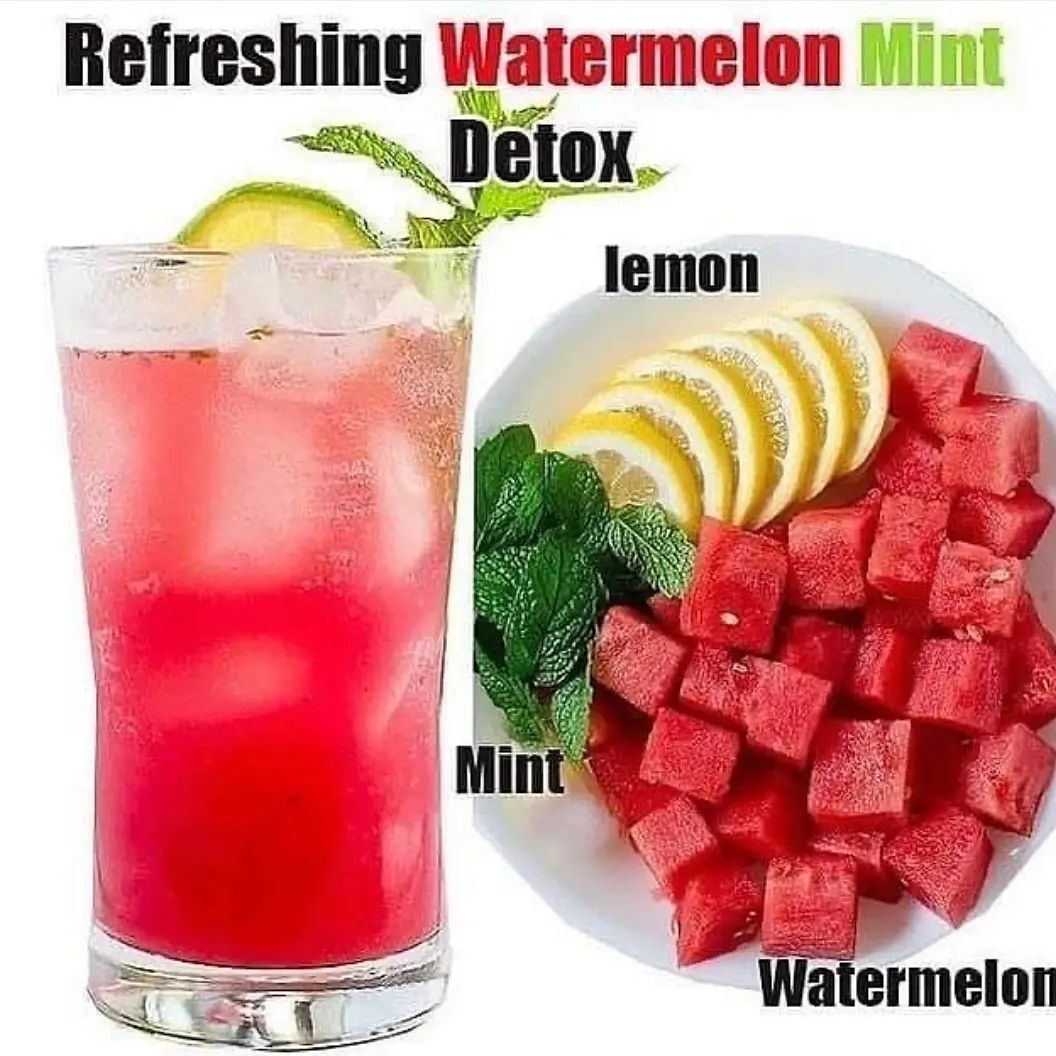
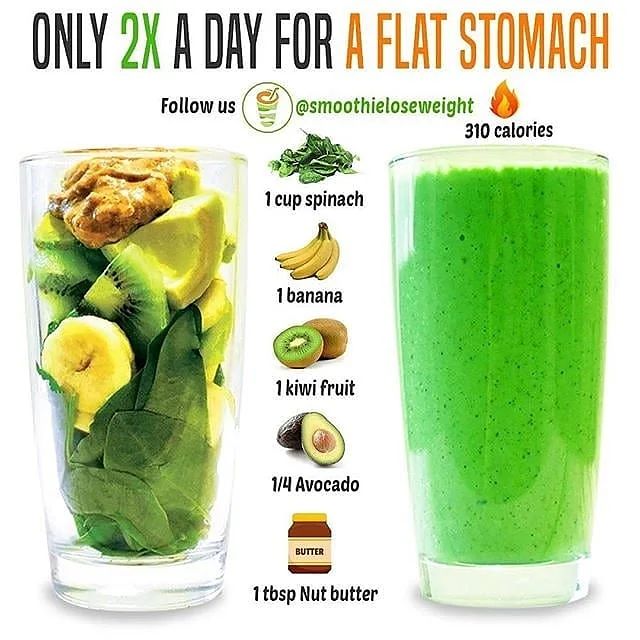

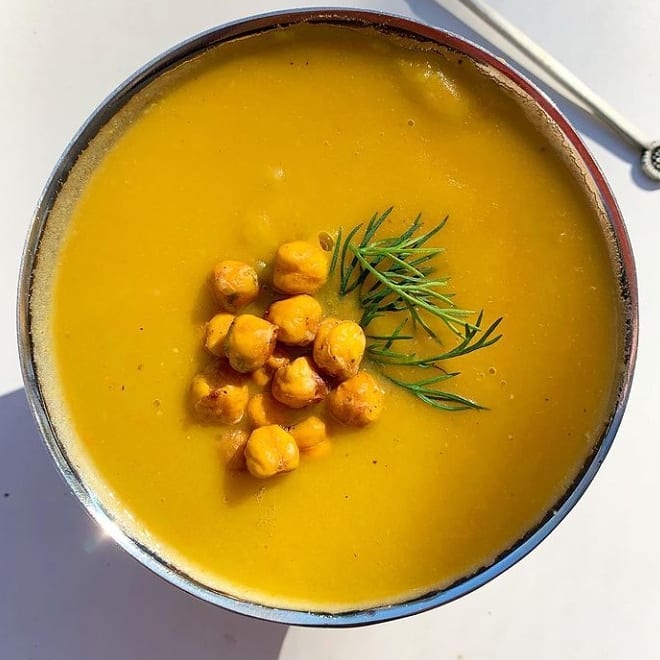
![Follow @conveganence for daily vegan recipes!
•
Recipe (yields 2-3 servings)
🌱Ingredients
- 1 small head cauliflower, wash & cut into florets & pat dry with paper towels
- 1 small green bell pepper, cubed
- 1/2 small red onion, cubed
- 2 cloves garlic - sliced
- 1/4 cup [40g] dry roasted cashews
- 4 dried Thai chilis/red chilis, softened in hot water & drained
- oil for frying & cooking
🌱Batter
- 3/4 cup [96g] all-purpose flour
- 1/2 - 3/4 cup ice-cold water
- 1/4 teaspoon salt
- a few shakes of white pepper
🌱Sauce Mix together 2 tablespoons soy sauce/tamari, 1/2 tablespoon thick dark soy sauce (for color), 1/2 tablespoon sugar & 3 tablespoons Chinese cooking wine/sherry/broth in a bowl & set aside.
✅Place batter ingredients in a large mixing bowl & stir to combine. The batter should be thick like a pancake batter.
✅Dredge florets in batter, shake off excess & fry until golden brown (temperature 375F/190°C & I used a small saucepan). Then drain on paper towels.
✅Alternatively, grease a baking sheet pan with oil, place coated florets on the pan. Brush florets with oil & bake at 485F/
250°C until light golden brown for about 20-25 mins, be sure to flip halfway. For the last few minutes, broil to get a crispier ure (oven time varies)
✅To make the sauce, in a heated non-stick pan with 2 teaspoons oil, sauté onion until translucent. Then add garlic, bell pepper, chili & continue to sauté until fragrant. Slowly pour in the sauce & cook to reduce it slightly. Please adjust the sauce based on the cauliflower's size.
✅Finally, add the cauliflower florets, cashews & quickly toss them with the sauce until all incorporated. Serve with rice for a delicious meal.
*Please be sure to dry florets well before coating or the liquid will slowly thin down
#veganfollowback #veganscotland #scottishvegans #veganig #veganinstaclub #glasgowvegan #scottishvegan #scottishfood #scottishfoodie #glasgowfoodie #scottishfood #glasgowvegan #veganglasgow #naturalprotein #vegetarianbreakfast #breakfasttoast #veganfryup](https://conveganence.com/wp-content/uploads/2021/01/131936854_109446914286957_7383745306959709095_n.jpg)


